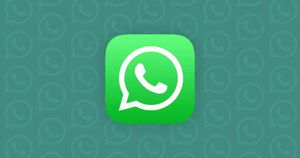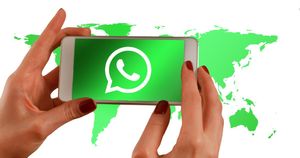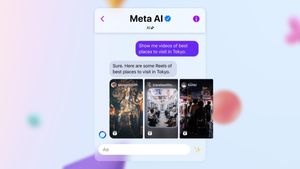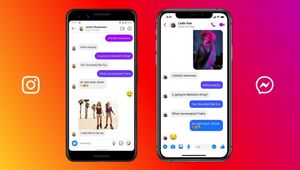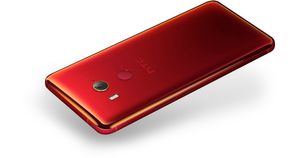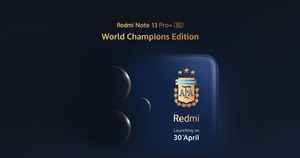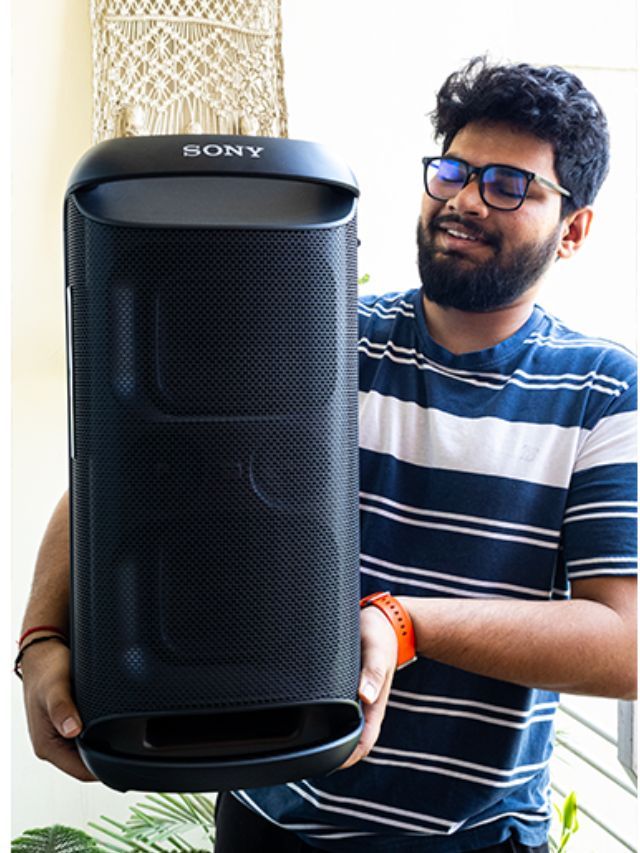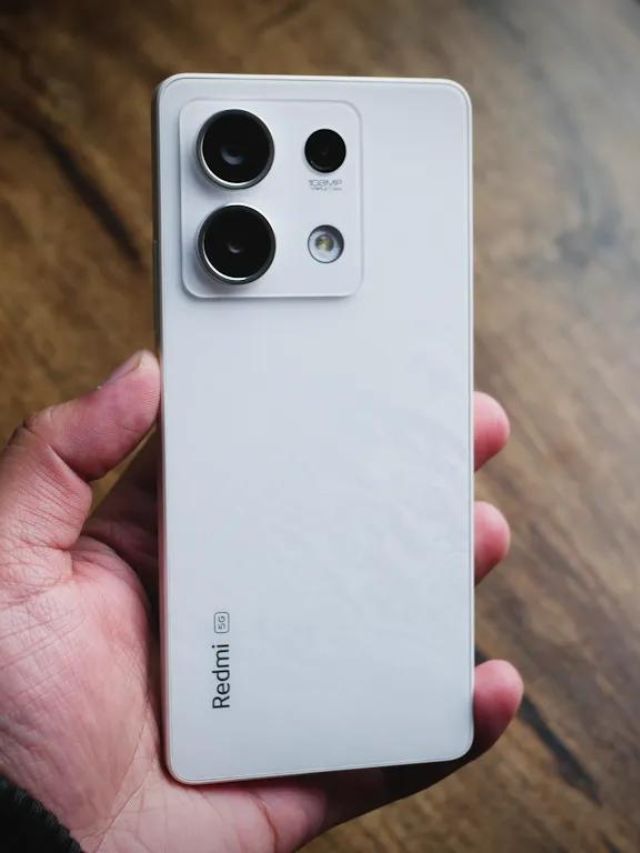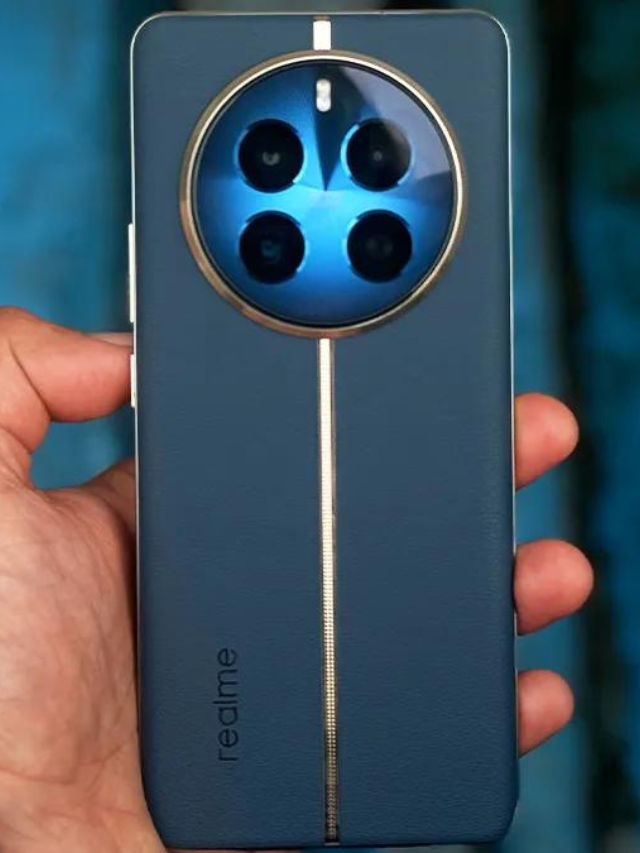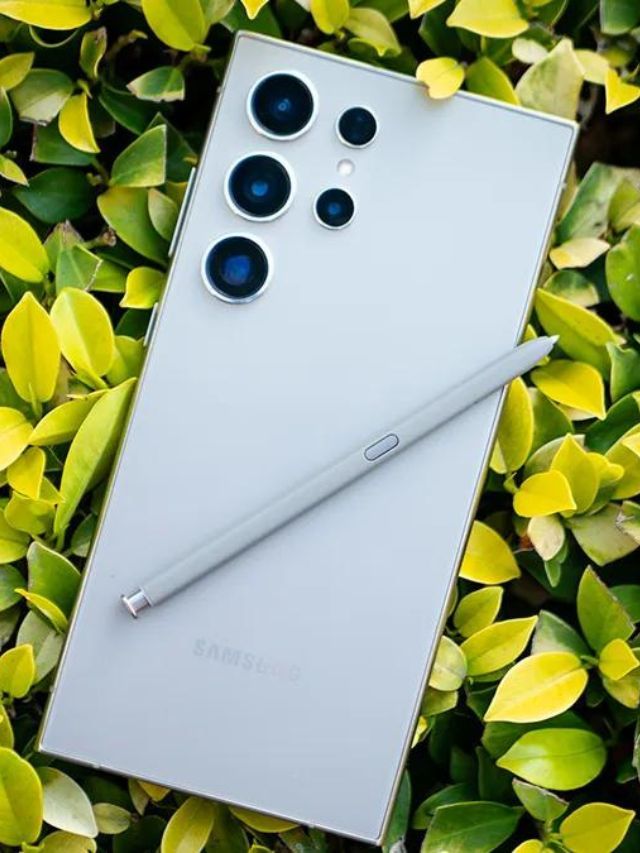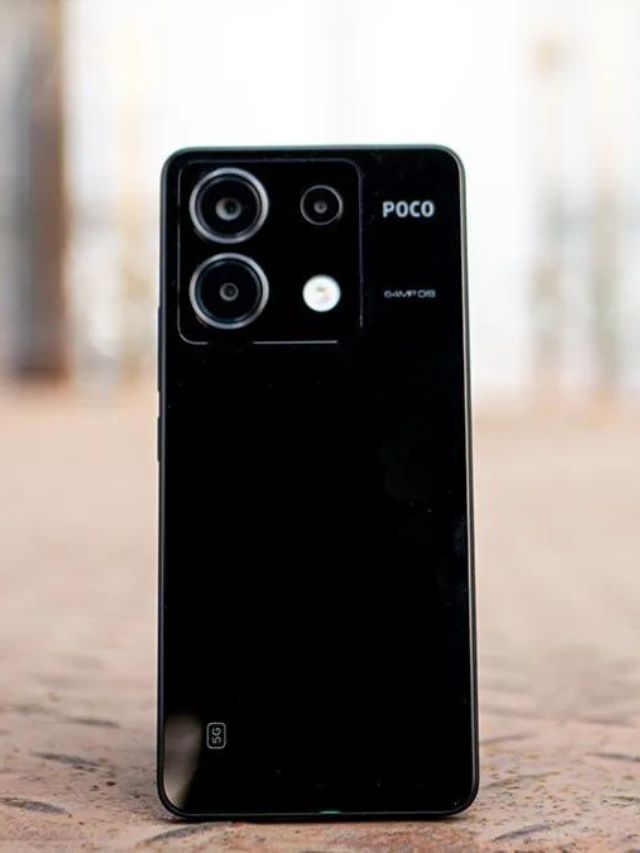
After a lot of chatter around WhatsApp’s third-party interoperability, Meta has finally announced the feature to comply with DMA, which will go into effect from March 7. The Mark Zuckerberg-led company has laid down the details of how the company will enable third-party interoperability in WhatsApp and Messenger while still maintaining end-to-end encryption (E2EE). Here are the details.
WhatsApp and Messenger Interoperability: Details
In its official blog, Meta has stated that third-party developers will have to use the Signal protocol. which the company considers to be the current gold standard for E2EE chats. Notably, WhatsApp has used the same for encryption since 2016 and Messenger is now rolling both the E2EE (end-to-end encryption) by default.
Meta has also mentioned that while it wants third-party developers to use Signal protocol for encryption, it may make exceptions in the future. More specifically, Meta mentions that developers can use other protocols for interoperability if they can prove they offer the same level of encryption and security prowess as Signal.
Having said that, Meta has also warned users that while the secure interoperability solution using Signal is effective, the company can’t guarantee what the third-party apps might do with messages. It’s hinting that the interoperability might be less secure than sticking to Meta’s existing services.
Additionally, it is mentioned that it would be best for third-party developers to rely on the company’s existing Signal-based solution as it will lower the barrier for other apps. It will also improve client/server reliability since Meta’s infrastructure is already handling more than 100 billion messages daily.
Meta is open to allowing other apps to use their protocols but by adding a proxy between their clients and WhatsApp servers, and also agree to additional protection to safeguard Meta users against spam. Meta also requires third-party developers to sign an agreement before enabling interoperability.
The company will be publishing WhatsApp and Messenger’s Reference Offers for third-party providers soon. It’s clear that while complying with DMA’s requirement for interoperability, Meta is still hedging its bets to be in control by pushing developers to stick to its existing client/server architecture.
For those who don’t know, the EU’s Digital Market Act (DMA) requires tech giants to open up their rather closed ecosystems and create interoperability among apps. Notably, DMA requires gatekeepers of services like Meta, Google, and Apple to enable third-party integration.
How Will WhatsApp Third-Party Interoperability Work
Meta has detailed how the interoperability will work while ensuring encryption. According to the blog post, the third-party apps that connect with Meta will be responsible for hosting media files sent to Meta’s platforms, on their servers. Meta’s messaging clients —WhatsApp and Messenger— will then download the encrypted media from these servers using a Meta proxy device for the security of Meta users. It is said that proper details on how the feature will work will be out too.
When Will WhatsApp Release Support for Third-Party Chats
While Meta (and possibly others) have to quickly act on third-party interoperability, it will take some time before the feature becomes available for public use. There’s also no word on whether this will stay limited to the EU region or will come to other countries, including, India.
All these questions should be answered soon now that Meta has confirmed plans for its third-party chat feature. Stay tuned for more on this.
